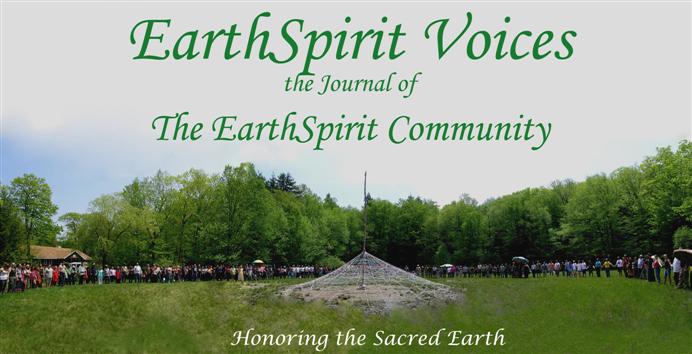This morning, Sunday, I attended a panel discussion entitled "Sacred Envy: Exploring What We Love about Our Own Faith, What We Admire in Others and What Challenges Us in Both". The panelists were Rabbi Brad Hirschfield (who designed the presentation), Sr Joan Chittister, and Imam Feisal Rauf.
The format was simple: each of the panelists would address one of four questions, and then a few audience members would get to make comments on the same issue. In answering each for ourselves, we were asked to consider where we were right now in our own faith/spiritual landscape.
1. What do you love about your own faith?
2. What do you envy or admire about the faith/religions/rituals/etc. of other traditions?
3. What would you most like to change about your own faith (or what embarrasses you most about it, what do you see as its greatest weakness, etc.) and
4. What would you like to see change in the traditions of others.
The panelists addressed all of these questions directly and candidly, even the more confessional questions of what they are most embarrassed about in their own traditions (almost universally, the repression of women was mentioned as one of those challenging issues). The final question of what you don't like about the faiths of others, or what you might challenge others of those faiths to change was handled deftly and delicately by the panelists.
Instead of rehashing the whole presentation here, I'd like to offer my answer to these questions, reminding the reader that we were asked to answer them based upon where we are right now in our own spiritual landscape (these answers may change with time).
What I most love about being pagan, and the approach of EarthSpirit to paganism, is the connection to the web of life, and not capitulating to the human temptation to believe that our own species is better or more important in the larger web than any other particular one.
What I envy most about certain other traditions (Catholic, Islam, Judaism, in particular) is the commitment to pursue the intellectual side of spirituality. While paganism stands high and above most other traditions in being experiential, sometimes what is needed is more thought and reflection on those experiences, and integration into the larger web.
What most bothers me about current paganism (and neo-paganism) is the superficiality with which many of us approach ethical issues. Life is not as simple as "And it harm none...", and many situations call for much deeper thought than that.
What bothers me about many other traditions is the widespread belief among many practitioners that their way is the only true way.
The panelists were, of course, some of the best representatives of the interfaith efforts of their own traditions. In finishing, Rabbi Hirschfield spoke about the "end of the story" of each of our traditions; that is, what it is that we believe should happen to achieve peace, salvation, etc. His closing statement was quite provocative, and challenged us all to think about what level of diversity we are willing to tolerate. He said "We have got to have an end of the story that has greater diversity than we are willing to participate in."
I leave you with this question: How much diversity are YOU willing to participate in?
I leave you with this question: How much diversity are YOU willing to participate in?
.jpg)




Love this!
ReplyDeleteThe thing I love most about paganism is the deep sense of connectedness that it nurtures for me -- not just with some things, or things I like or find comfortable, but with all things.
The thing I am most envious of in other traditions is...well, tradition! Liturgy and ritual that have been worn smooth by many, many generations.
The thing I'd most like to see change in Paganism as a whole is a clearer committment to examining how one's religious or spiritual values impact daily living choices.
The thing that I would most like to see change in other traditions is the espousal of violence or repression. I know that it is by far the minority of religious adherents who do this in troubling ways, and I would be delighted to see a triumph of the majority (who are moderates) in this regard.